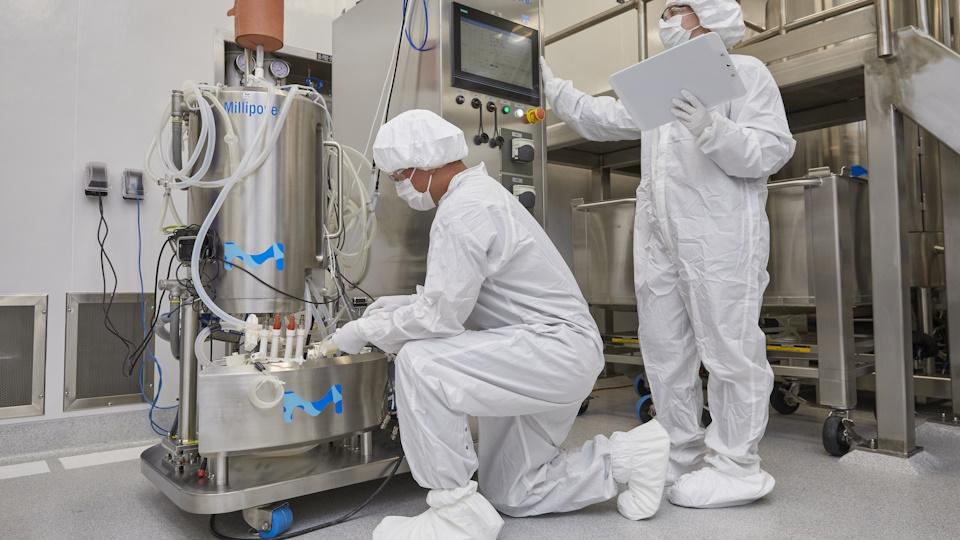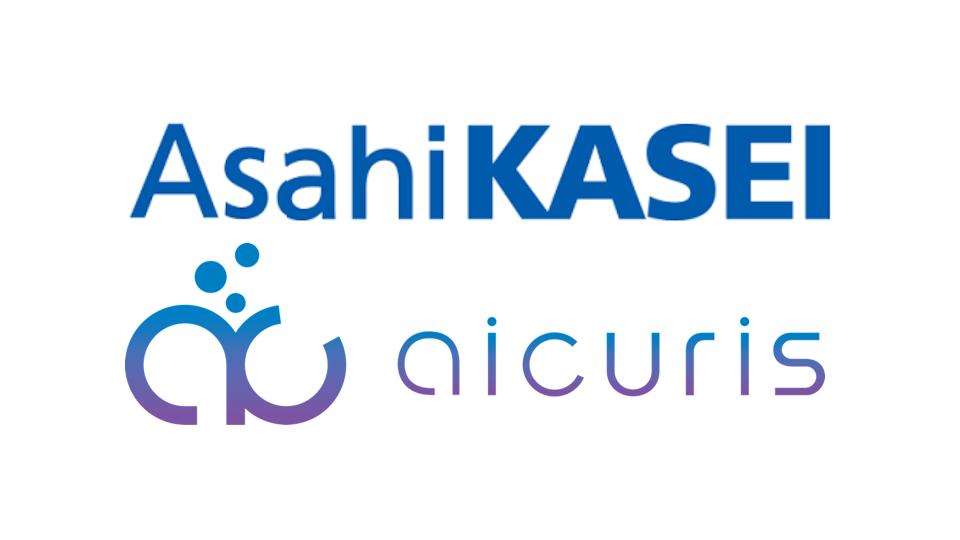Merck builds in cell, gene therapies with Mirus Bio deal

Germany’s Merck KGaA has agreed to acquire Mirus Bio, a specialist in transfection reagents used in the production of cell and gene therapies (CGTs), in a deal valued at around $600 million.
If completed, the acquisition will make Mirus Bio part of Merck’s US and Canadian life sciences division MilliporeSigma, which provides a wide range of products used in the production of CGTs, as well as operating as a contract development and manufacturing organisation (CDMO).
Life sciences is a major arm of Merck’s business – contributing around €9.3 billion out of the group’s total net sales of €21 billion last year – but has been under pressure since the end of the pandemic as a result of a steep fall-off in COVID-19-related revenues and volatility in the CDMO market.
Last week, the life sciences division reported first-quarter sales down nearly 14% to €2.1 billion, mainly as a result of inventory destocking by customers in Merck’s process solutions business, which focuses mainly on consumables used in the research and manufacturing of biologics, like filtration devices, chromatography resins, single-use equipment, and processing chemicals and excipients.
According to Matthias Heinzel, chief executive of the division, buying Mirus Bio and products like its TransIT-VirusGEN transfection platform will build up Merck’s expertise and capacity in the manufacturing of viral vectors used to make CGTs.
“Viral vector-based cell and gene therapies have demonstrated their potential with more than 20 approvals over the last 10 years and will continue to advance, with a projected growth of 30% until 2028,” he said.
“Combining Mirus Bio’s leading technology with Merck’s bioprocessing expertise and portfolio allows us to provide solutions for almost every step of viral vector development and manufacturing.”
Merck has previously said that supporting companies developing novel therapies like CGTs is a key pillar of its life sciences growth strategy. A recent GlobalData analysis found almost 700 candidates in the industry pipeline, including almost 50 in late-stage development.
“This strategic acquisition is a further building block for accelerating growth in the break-through technologies of the future,” said Merck group CEO Belén Garijo. “As a leader in the production of viral vectors, our goal is to make the significant potential of cell and gene therapy available for patients worldwide.”
The takeover is expected to be completed in the third quarter of this year, subject to the usual regulatory clearance and other closing conditions.













